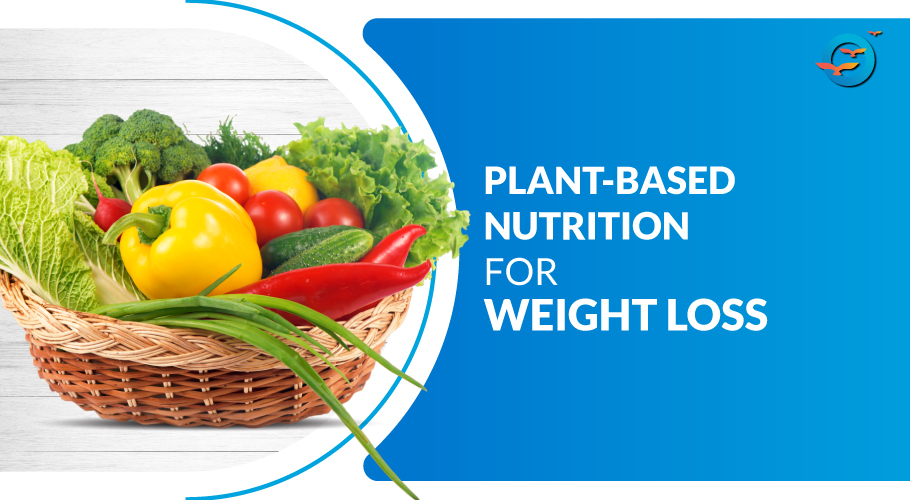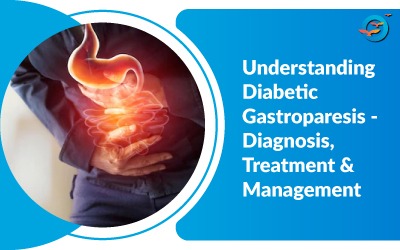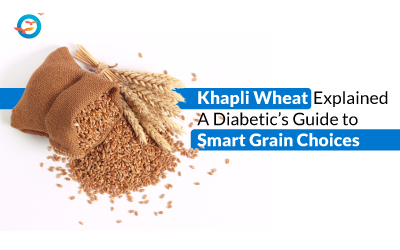Plant-Based Nutrition for Weight Loss: A Healthy and Sustainable Approach

Introduction
In recent years, plant-based nutrition has gained significant popularity, not only for its health benefits but especially for triggering weight loss.
More and more people are turning to plant-based diets to shed excess pounds while enjoying a host of other advantages like improved overall health, reduced risk of chronic diseases, and a lower environmental impact.
This article explores the science behind plant-based nutrition for weight loss and provides practical tips to help you embark on this transformative journey towards a healthier you.
The Science Behind Plant-Based Weight Loss
- Reduced Caloric Density:
Plant-based diets tend to be lower in caloric density, meaning you can eat more volume of food for fewer calories. Fruits, vegetables, whole grains, legumes, and nuts are rich in fiber and water, making you feel full and satisfied with fewer calories. - High Nutrient Content:
Plant-based foods are packed with essential nutrients, including vitamins, minerals, antioxidants, and phytochemicals. This nutrient density ensures that you receive the necessary nourishment while cutting back on calorie-dense, processed foods. - Improved Insulin Sensitivity:
Plant-based diets have been shown to enhance insulin sensitivity, reducing the risk of insulin resistance and Type 2 diabetes. Stable blood sugar levels can curb excessive hunger and cravings, aiding in weight management. - Enhanced Gut Health:
A diet rich in plant-based foods promotes a diverse and healthy gut microbiome. A balanced gut microbiome is in turn associated with better metabolism and reduced inflammation, both of which play a role in weight control. - Lower Saturated Fat:
Plant-based diets are naturally low in saturated fat, found predominantly in animal products. Reduced consumption of saturated fat can help lower cholesterol levels and contribute to weight loss.
Practical Tips for Plant-Based Weight Loss
- Embrace Whole Foods:
Focus on whole, unprocessed plant foods such as fruits, vegetables, whole grains, legumes, nuts, and seeds. Minimize or eliminate processed plant-based foods like vegan desserts and snacks. - Portion Control:
While plant-based foods are generally lower in calories, portion control is essential. Be mindful of portion sizes to avoid overeating. - Balanced Meals:
Aim for balanced meals that include a variety of food groups. Incorporate a mix of carbohydrates, proteins, and healthy fats to maintain energy levels and satiety. - Include Protein Sources:
Ensure an adequate intake of plant-based protein sources such as tofu, tempeh, legumes, and quinoa to support muscle maintenance and promote fullness. - Healthy Fats:
Incorporate sources of healthy fats like avocados, nuts, seeds, and olive oil in your diet to support overall health and satisfaction. - Stay Hydrated:
Drink plenty of water throughout the day, as dehydration can sometimes be mistaken for hunger. - Plan and Prepare:
Plan your meals ahead of time and have a variety of plant-based ingredients readily available. This reduces the temptation to resort to convenience or unhealthy options. - Monitor Nutrient Intake:
Pay attention to nutrients like vitamin B12, vitamin D, and iron, which can be less abundant in plant-based diets. Consider supplements or fortified foods if necessary. - Seek Support:
Connect with a registered dietitian or nutritionist with expertise in plant-based diets for personalized guidance and support.
Conclusion
Plant-based nutrition offers a holistic approach to weight loss that not only helps shed excess pounds but also promotes overall health and well-being. By adopting a balanced and whole-foods-based plant-powered diet, you can achieve your weight loss goals while enjoying delicious and nutritious meals. It's a sustainable and environmentally friendly way to take control of your health and transform your life.
Freedom from Diabetes, an organization that has liberated over 14,500 individuals from the dependency on medications, strongly promotes the adoption of a plant-based diet. Our Recipe section features a compilation of nutritious recipes for your reference.
We invite you to explore our website to learn more about our introductory program, the "Discover Reversal Session," where you can gain insights into the process of reversing diabetes and obesity. For a comprehensive, year-long journey towards holistic health transformation, our "Holistic Transformation Program" provides guidance and support to help you achieve your wellness objectives.
Join us today to embark on a fresh and healthy journey!

